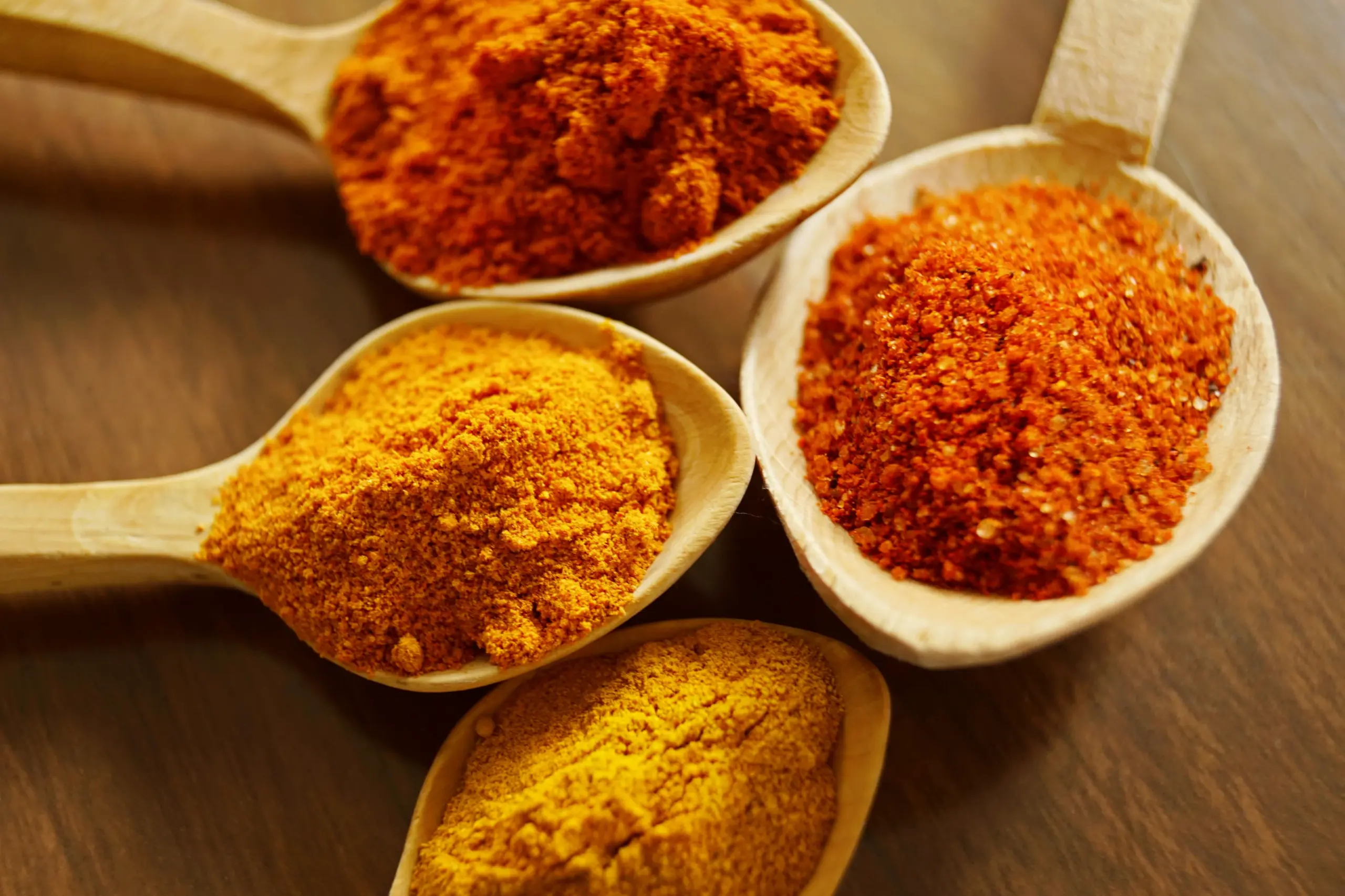Haldi is a staple that has been revered for centuries in India as well as celebrated globally for its active compound curcumin, along with its anti-inflammatory properties.
The active yellow compound in haldi can reduce liver inflammation and help people with conditions like non-alcoholic liver disease, but there are caveats. While the antioxidant properties of haldi can protect liver cells from damage caused by the accumulation of free radicals and oxidative stress, there are some risks if you consume too much haldi. So, haldi can be used as an anti-inflammatory, but be aware of how much you are consuming, when, and in what quantity.
The critical difference to know is that the chemical composition of haldi, the spice and turmeric supplement, which differ greatly. Both of them can be beneficial, but a targeted approach is necessary. There is a common misbelief that there is no such thing as too much of a good thing, but with consuming haldi, it can be quite risky.
How Does Turmeric Or Haldi Impact Liver Health?
The consumption of haldi has three benefits for liver health, and no, consuming too much haldi will not improve your liver health. When it is consumed in moderation, there are as following:
Calming Immune Responses
Curcumin reduces the activity of inflammatory cells and decreases the production of chemicals that cause inflammation. It also lowers nitric oxide production, which can contribute to liver damage.
Blocking Inflammatory Signals
Curcumin interferes with a key pathway that is responsible for turning on many inflammatory processes in the body. And by blocking this pathway, curcumin helps prevent inflammation from escalating.
Fighting Cell Damage
Liver inflammation often involves damage from harmful molecules called free radicals. Curcumin acts as a strong antioxidant, neutralizing these free radicals and protecting liver cells from damage. It also boosts the liver’s natural antioxidant defenses.
Preventing Scarring
Curcumin helps prevent the activation of certain cells in the liver, called hepatic stellate cells, which are involved in forming scar tissue. By doing so, it can help prevent the development of liver fibrosis, a serious condition where scar tissue builds .
Through these actions, turmeric helps to protect the liver from injury, reduce inflammation, and support overall liver health. Now, let’s look at how much haldi you should consume to get proper health benefits.
How Much Haldi Should You Consume?
When it comes to the kitchen spice, haldi powder used in cooking is generally safe, but the quality and purity matter. Here are some ways to consume haldi:
- It is better to grind your own turmeric powder at home or at the mill, as this can ensure unadulterated haldi powder.
- For supplements, decide which kind of supplement will work best as certain supplements can have side effects.
This is great for your health, and your body can reap the full breadth of beneficial properties in haldi.
The active compound in haldi, aka curcumin’s concentration is on the low side at about 3-5% by weight. This means that your body slowly absorbs turmeric in low doses. While the haldi supplements have a high dosage of concentrated curcumin and when piperine( black pepper) is added to the mix, there is a 20 times boosted absorption in the body. So, taking turmeric supplements can cause toxins to build up in the liver, so be careful. But a small dose with a pinch of black pepper powder can boost its aborption.
When Can Consuming Haldi Become Risky?
The main risk lies in consuming high doses of curcumin supplements that have been linked to drug-induced liver injury if you consume too much in one go.
- If you are lactose intolerant, then do not consume haldi doodh as your gut can suffer after consuming haldi doodh, and if you have a sensitive stomach, a milk-less option is better and safer.
- Consume haldi like a supportive spice, but it is not the sole anti-inflammatory to ensure microdosing of the safer form for your body.
- Supplements should be taken only after consultation and a blood panel, which can assess your levels. Never take supplements over the counter, and make sure you are monitored throughout the supplement-taking cycle, as everybody’s body reacts differently to strong supplements.
What Are The Warning Signs Of Consuming Too Much Haldi?
The key aspect to be careful of while , the spice or supplement, is to be aware of when you have taken a high dose.
The following signs can indicate if you have taken a bit too much haldi in your chai or popped a high curcumin concentrated supplement:
- Jaundice ( yellowing of eyes or skin)
- Dark urine
- Pale stool
- Unexplained nausea or fatigue
If you are experiencing any of these signs, then contact a doctor immediately and seek medical attention. Do not wait for the signs to transform into something serious, as you just may have consumed too much haldi.
Haldi is a beneficial anti-inflammatory spice for overall health and well-being and a supportive component of a . Please note that balance and moderation are key factors when it comes to consuming haldi.
Tip: If you are consuming raw turmeric, make sure to take it diluted form. And if you are consuming for longer periods of time, combine it with a pinch of pepper and ginger to reap the full benefits.
Read More:
Disclaimer: This content, including advice, provides generic information only. It is in no way a substitute for a qualified medical opinion. Always consult a specialist or your own doctor for more information. NDTV does not claim responsibility for this information.
References:
Haldi, Lemon, and Methi. (2020). Journal of Chemistry: Education Research and Practice.
